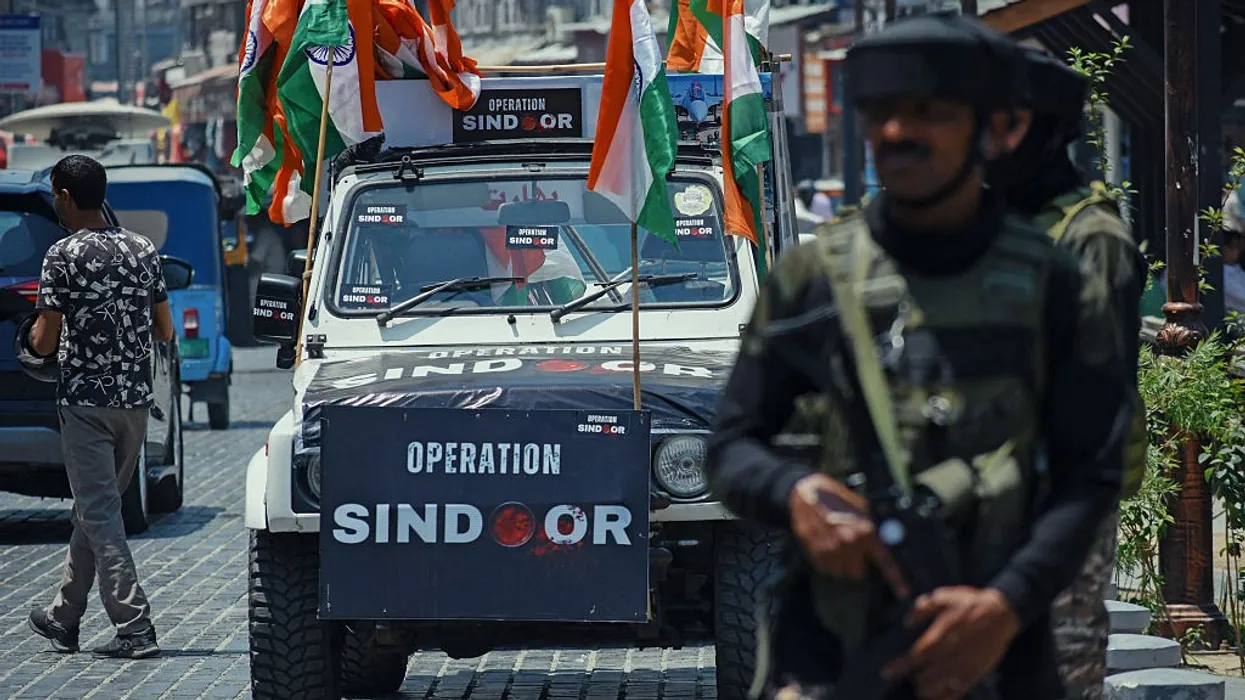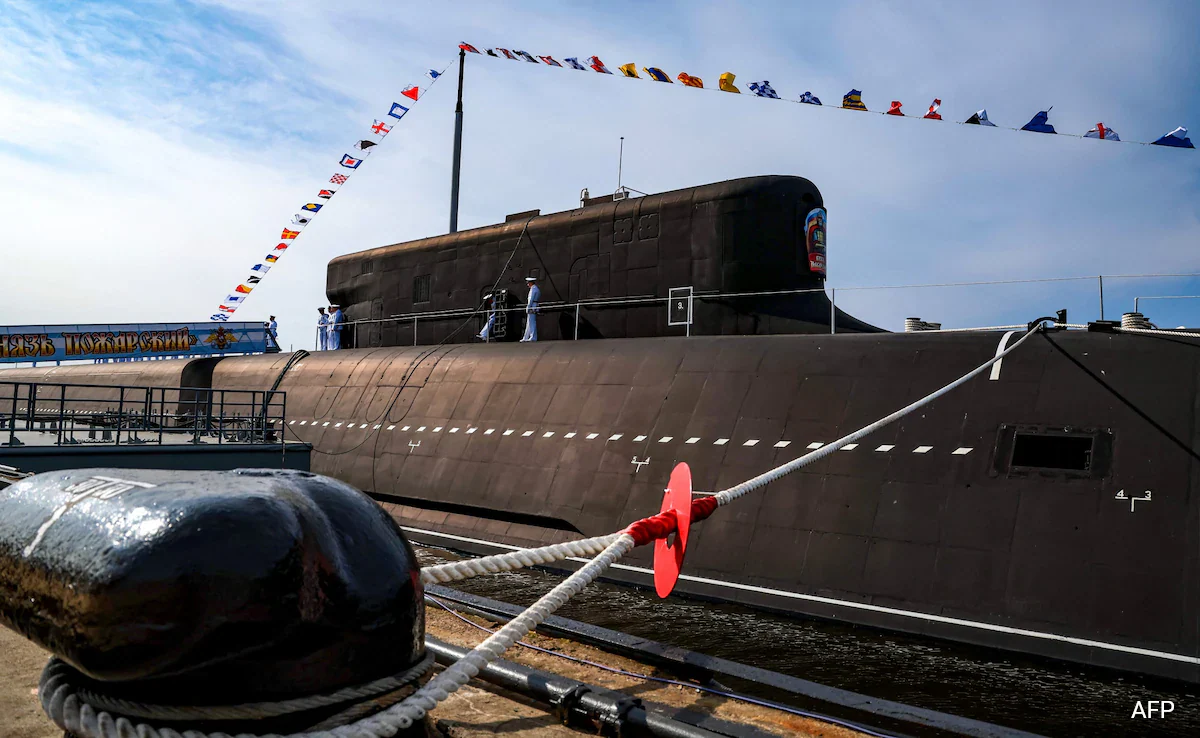
A Turning Point in Counterterrorism Dynamics
The recent decision by the United States to apply a terror tag on the Tehreek-e-Taliban Pakistan (TTP), commonly known by its abbreviation TRF, marks a significant escalation in the global fight against terrorism. This move not only underscores the seriousness with which Western nations are approaching militant groups operating within Pakistan and its vicinity but also reveals the intricate web of support and proxy networks linked to Pakistan’s strategic interests.
For decades, Pakistan has been accused of harboring and supporting various terrorist groups, often denoting them as proxies that serve its regional and geopolitical ambitions. The US designation of TRF as a terror entity exposes these alleged affiliations and amplifies the spotlight on Pakistan’s role in regional stability and security issues. This article delves deep into how the terror tag unravels Pakistan’s proxy network, its regional alliances, and what implications this has for international diplomacy and security.
The US Terror Tag on TRF: What Does It Signify?
Understanding the Significance
The United States’ formal designation of TRF as a terror organization means that it considers this group as a significant threat to stability in the region and possibly beyond. This designation entails legal and financial measures such as sanctions, freezing assets, and restricting travel for members of the group. It acts as a clear signal to international partners to bolster efforts against the group’s activities.
Furthermore, the move underscores the recognition of TRF not just as a local insurgent group but as an entity with transnational ties and capabilities that threaten peace and security on a broader scale. It also exposes the group’s links to broader networks that have operated under the shield of Pakistan’s strategic calculus for years.
Revelations of Pakistan’s Proxy Network
Unveiling the Web of Support
Multiple reports, including the recent articles on Defence.in, have shed light on how Pakistan’s strategic security framework has historically utilized proxy groups to achieve regional objectives. The US’s terror designation on TRF explicitly exposes these covert operations and demonstrates that groups like TRF are not isolated entities but are intertwined with state-sponsored efforts.
Key points about Pakistan’s proxy network:
- Many militant organizations operate with clandestine or overt support from elements within Pakistan’s security and intelligence apparatus.
- These groups have often been used to exert influence in neighboring Afghanistan, India, and even within Pakistan to maintain political leverage.
- Proxy networks benefit from logistical support, funding, and safe havens, all facilitated through complex covert channels.
- The existence of these networks complicates regional security, as eliminating these groups becomes a challenge due to their embedded nature.
Implications for Pakistan: Regional and International Ramifications
Pakistan’s Strategic Dilemma
The exposure of Pakistan’s proxy network and now the US terror tag on TRF put Islamabad at a crossroads. Historically, Pakistan’s government has often denied or minimized the support given to militant groups, claiming they are designed solely for defensive purposes. However, the evidence disclosed by the US and other intelligence agencies paints a different picture.
Some of the key implications include:
- Diplomatic Strain: Pakistan faces increased diplomatic pressure from the US and other Western allies to crack down on militant proxies.
- Security Challenges: Internal security agencies might be compelled to intensify operations against these groups, which could lead to destabilization if not managed carefully.
- Regional Instability: Proxy networks have historically fueled conflicts with India (notably in Kashmir), and their exposure now could lead to renewed tensions or military escalation.
- Economic Impact: Sanctions and reduced diplomatic engagement may hamper economic cooperation, further isolating Pakistan on the international stage.
Broader Regional Alliances and Strategic Calculations
Pakistan’s Regional Alliances Under Scrutiny
While Pakistan publicly maintains its stance against terrorism, the disclosures about its support networks and the recent US terror tag suggest that regional alliances are complex and often clandestine. Pakistan has long-standing alliances with certain elements within Afghanistan and mutual interests with China and other regional powers.
In particular, Pakistan’s relationship with China through projects like the China-Pakistan Economic Corridor (CPEC) indicates a fragile balancing act—maintaining strategic partnerships while managing international scrutiny over its internal security policies.
Impacts on Afghanistan and India
The destabilization of militant networks directly impacts neighboring countries:
- In Afghanistan: Many of these proxy groups have historically operated with tacit approval or coordination from elements within Pakistan’s security infrastructure, complicating the Taliban’s efforts in rebuilding governance infrastructure.
- In India: The exposure of Pakistan’s proxy support for groups like TRF raises concerns over increased militant activities in Kashmir, potentially leading to heightened tensions and a breakdown in peace initiatives.
International Response and Future Outlook
Global Security and Diplomatic Strategies
The US terror designations are likely to embolden other nations to enhance their counterterrorism measures. Allied countries may push for more stringent sanctions and increased intelligence sharing to dismantle these proxy networks.
Furthermore, this move may catalyze multilateral efforts to pressure Pakistan into more actively dismantling militant groups operating under state support, fostering a more comprehensive approach to regional peace and stability.
Challenges Ahead
Despite the positive strides in exposing these networks, many challenges remain:
- The covert nature of proxy networks makes eradication difficult.
- Political will within Pakistan varies, often dictated by internal and external pressures.
- Geopolitical considerations may hinder decisive action, especially given Pakistan’s strategic importance as an ally against shared regional threats.
Conclusion: A Call for Vigilance and Diplomatic Engagement
The US terror tag on TRF acts as a wake-up call to the international community about the ongoing influence of proxy networks facilitated by state actors like Pakistan. It emphasizes the necessity for heightened diplomatic engagement, intelligence cooperation, and strategic efforts to curtail these clandestine networks which threaten regional peace and security.
As the global landscape shifts, mindful diplomacy combined with rigorous security measures will be critical in dismantling the proxies that continue to destabilize South Asia and beyond. Only through persistent and coordinated efforts can the cycle of support and insurgency be broken, paving the way for lasting peace and regional stability.
For more updated news please keep visiting Prime News World.








